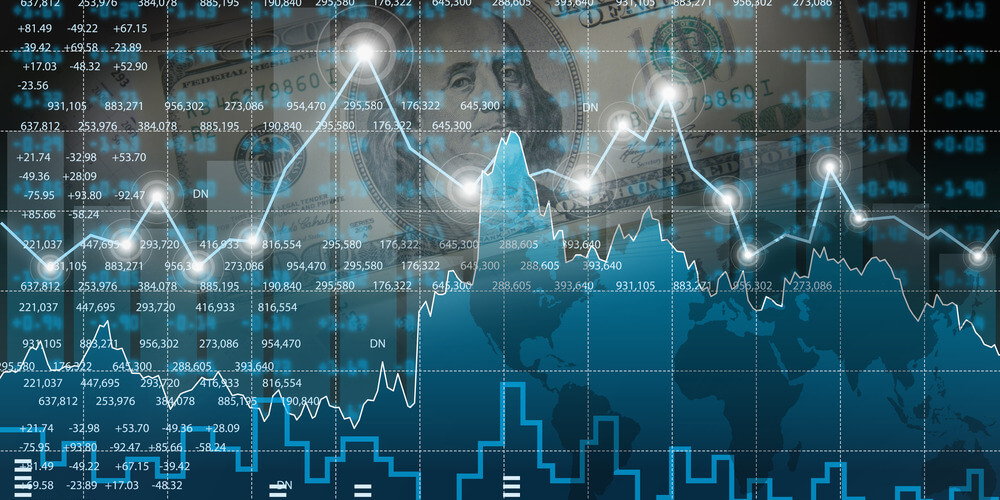Islamic finance increases its role in non-Muslim majority countries
As Islamic finance grows both in concept and popularity, service providers are broadening their reach into non-Muslim majority markets to compete head-to-head with conventional options.
As Islamic finance strengthens and diversifies, service providers are increasingly targeting non-Muslim majority markets and competing directly with conventional services.
Demand in the non-Islamic market has been historically tied to factors spanning real estate investment in the Gulf Cooperation Council (GCC) economies to wealth management among Muslim minority populations in non-Islamic countries. Now impetus is coming from Islamic finance’s closeness to the environmental, social and governance (ESG) criteria used by socially conscious investors.
Illustrating these dynamics, a recent Maybank Islamic Berhad, the Islamic banking arm of Malaysia’s Maybank Group, survey showed Islamic finance professionals believe current 10-15% growth rates could be boosted by the growing focus on ESG and sustainability. Indeed, 58% of respondents believe annual growth rates over the next five years could be higher than 15%.
UK-based Islamic finance bankers told Salaam Gateway the sector took growth in the non-Muslim market very seriously.
“We have two distinct categories of clients: one is GCC investors who see the UK as a safe haven while also having a preference for Islamic finance for faith reasons and the other people in the UK and Europe who want transparent deposit accounts without hidden fees or charges and where the bank’s role is very clear,” said Andrew Ball, CEO of Bank of London and The Middle East (BLME).
Noting the potentially tight relationship between ESG markets and Sharia, he said: “ESG is huge on the regulatory agenda and we are only at the start of a journey. Clients and regulators are (considering the) impact and striving to make more conscious decisions,” he added.
Ball dismissed the widespread notion that Islamic banking necessarily involves higher fees, but acknowledged it had slightly more complex documentation than conventional banking. BLME has an in-house Sharia board that regularly monitors and is engaged in transactions. This means transactions were subject to an additional audit alongside the conventional one.
In Dubai Muneer Khan, Middle East regional head of UK-based law firm Simmons & Simmons, told Salaam Gateway it was no surprise Britain had a more developed Islamic finance industry than France and Germany, despite both having larger Muslim populations.
The UK is home to the major standalone Sharia-compliant bank BLME. UK banks including HSBC Amanah, Lloyds Bank Islamic Bank Account and Standard Chartered Bank also operate major Islamic branches.
Khan noted the UK has the most advanced Islamic finance market in the western hemisphere partially due to its advanced tax system that levelled the playing field for Sharia-compliant products and services.
Specifically, a series of amendments implemented in the 2000s removed additional taxes and stamp duties charged on Sharia-compliant structures due to their often-layered transaction structuring and non-interest charging basis. Khan referred to amendments related to the UK Finance Act 2005 that ensures payments made through Islamic financing arrangements were taxed as though they were interest.
“Whereas the Islamic finance industry has been developing in the UK, it is proportionately much larger in certain majority Muslim countries in the Middle East and southeast Asia. Islamic banks in the region are offering a wider range of products and services (including online services) that are competing head-to-head with their conventional competitors and even taking market share,” Khan said, citing the First Abu Dhabi Bank in the United Arab Emirates (UAE) and Maybank in Malaysia as examples.
Meanwhile, the advance of fintech, including blockchain technology, is expanding Islamic finance’s reach. In February Australian-headquartered halal, decentralised finance platform MRHB DeFi launched Sahal Wallet that the company claims to be the world’s first ethical and halal crypto wallet.
Its $MRHB token is currently listed on both peer-to-peer decentralised crypto exchange marketplaces DEX and CEX and can be traded on PancakeSwap, a leading decentralised exchange on the Binance Smart Chain (BSC) network.
“All other projects in the crypto ecosystem are unable to address the faith-based communities, including in non-Islamic northern Europe and CIS (Commonwealth of Independent States covering former Soviet republics) where many of our 7,000 users are based. By being halal, MRHB is becoming a gateway for the $3 trillion worth of Islamic finance liquidity entering the crypto ecosystem,” MRHB DeFi CEO Naquib Mohammed, told Salaam Gateway.
Reflecting on Islamic finance’s shift toward presenting itself as an ethical and truly inclusive ecosystem, rather than one emphasising faith-related aspects, MRHB’s ecosystem roadmap contains 10 products – of which only two are Muslim market-targeted.
These are Souq NFT, a non-fungible token (NFT) marketplace offering users the chance to trade NFTs on the blockchain-based gaming platform Gachyi Land and Philanthropy Protocols that aids social initiative funding via the quadratic funding model.
“Quadratic funding applies mathematics to ensure the optimal funding – more democratic, more scalable – of community and social, charitable initiatives,” said an MRHB note.
Other products are neutral, marketed as conventional products, such as its artificial intelligence-based (AI) portfolio management for low-risk investing, the Non-Custodial Wallet.
Rakaan Kayali, CEO of US-based Practical Islamic Finance, argued true Islamic finance would offer a distinct utility and not be limited to making Muslims feel pious. His company shares reviews of investment targets ranging from US automaker Tesla to German chemical producer BASF for Sharia compliance and recommends accordingly.
“You will know when this distinct utility is being provided when non-Muslims use the product too,” said Kayali.
© SalaamGateway.com 2022. All Rights Reserved

Jens Kastner